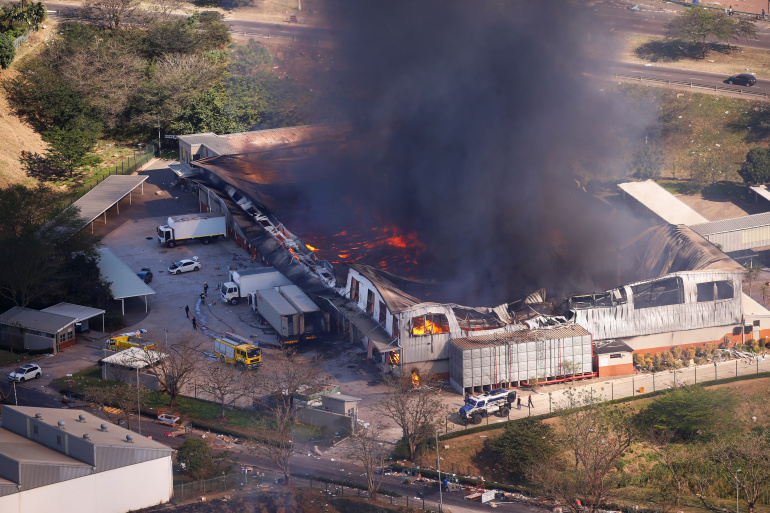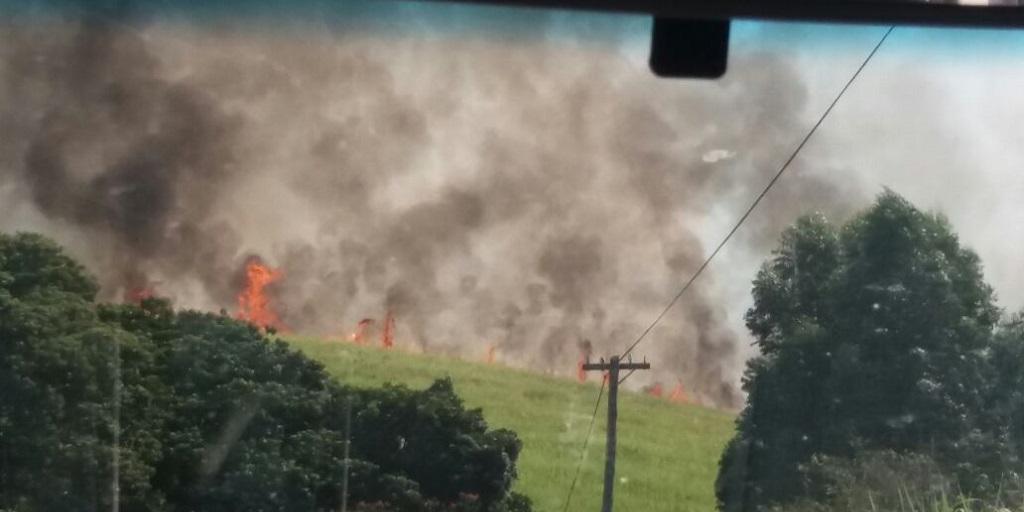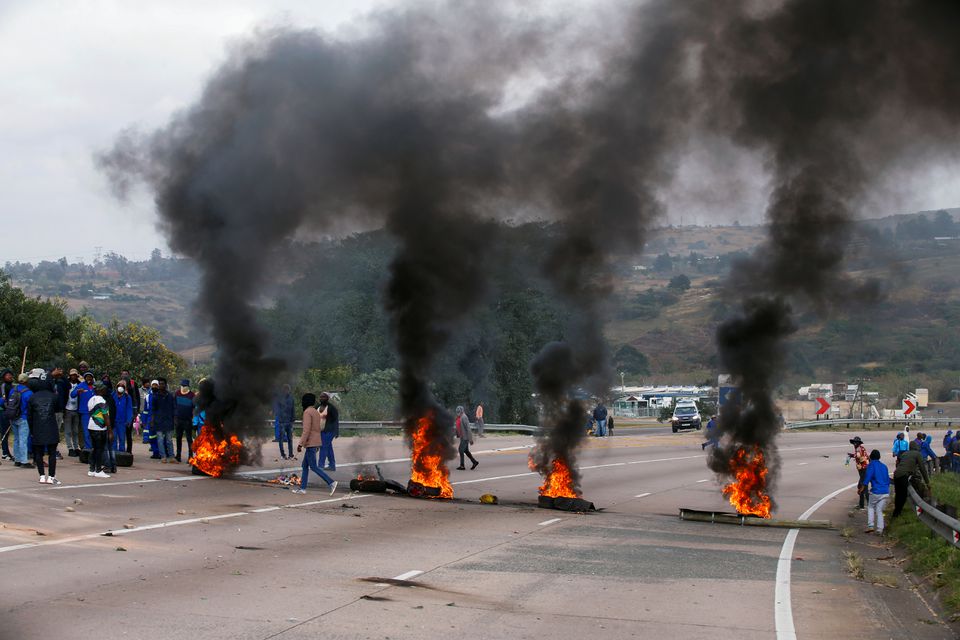South African Farming Sector Crippled by Protests and Unrest

Manufacturers of certain products have ceased production to avoid being targeted. This is set to result in food shortages in the coming months. In Durban, staples are running low with the few shopping outlets that remain open being forced to ration their products. Following the large-scale destruction of retail outlets and supermarket malls, retailers are now faced with the difficult task of finding enough produce and goods to fill their stores.
Sugar mills shut down
According to South African Canegrowers, the country’s main sugar body, sugar production in South Africa has been heavily impacted by the unrest. In Kwazulu-Natal, the main sugar-growing province in South Africa, all sugar mills have closed following the hijacking of cane trucks, and sugarcane farms being set alight. Approximately 300K tonnes of sugarcane have been burnt, equating to ZAR180 million (USD12.42 million) in revenue.

Closure of Durban port hampers citrus exports
According to the Citrus Growers Association (CGA), citrus exports have halted, as trucks are unable to utilize the main arterial roads to the Port of Durban, where over 50% of the country’s citrus is exported. South Africa is the second-largest global supplier of citrus, and the unrest is set to disrupt the Valencia season, which began in July and forms a significant part of the country’s exports. Citrus growers in the northern provinces are also currently reaching the peak harvesting and packing period, and stocks are currently accumulating at packhouses and storage facilities inland. When the violence subsides, the fruit will then be transported to Durban port, which will likely lead to increased pressure and congestion on the roads and the port.

South Africa has exported 55 million cartons of citrus, to date, from a forecasted export crop of 156 million cartons. 78 million cartons have been packed and are unable to be shipped due to the closure of the Durban port. The Durban port also serves producers in Zimbabwe and Swaziland, and the closures are set to have a major impact on farmers in those countries. Durban is also one of SA's busiest import harbors with the current unrest affecting supplies to the local market. Some citrus exporters in the northern provinces are opting to transport their fruit to the ports in the Eastern Cape and the Western Cape. This will help clear the stocks that have accumulated at packhouses and in cold storage. SA’s government has reacted by calling in its Defence Force to assist police in restraining the looting and destruction.
Sources:
- Reuters. “South Africa unrest hits farming, threatens food supply.”
- Money Web. “Unrest hits farming, threatens food supply.”
- US News. “South Africa Unrest Hits Farming, Threatens Food Supply.”
- Farmers Weekly. “SA’s food security and trade fall victim to violent protests.”
- Farming Portal. “South African citrus exports disrupted by protests.”
- Al Jazeera. “More than 1,700 arrested over South Africa violence.”
- BBC News. “South Africa Zuma riots: Looting and unrest leaves 72 dead.”



